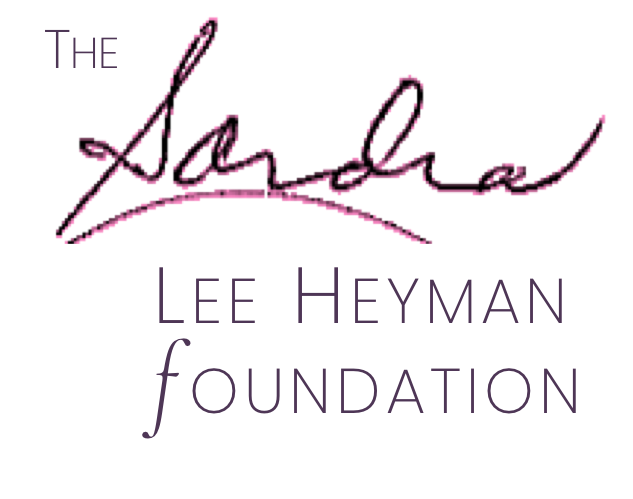University Researcher Describes Her Shift from Art to Chemistry...and Diverse Career Options for Chemists
Dr. Makeda Tekle-Smith is an assistant professor of chemistry at Columbia University who leads a research group focusing on physical organic chemistry research that is fundamental to pharmaceutical development, materials design, and sustainable synthetic method development. But as she told several dozen Sandra Lee Heyman Foundation Fellows in an October discussion, that’s not what she first had in mind while in high school. At the time, Tekle-Smith was enrolled in a school focused on the arts, and she imagined pursuing a fine arts program in college.
But “I took a chemistry course, and chemistry clicked for me. I loved how it interfaces with biology, physics, math, engineering, and to me that was really exciting.” A paid internship in a laboratory at the University of California Santa Barbara – suggested by her high school guidance counselor – offered her a chance to see how the concepts she learned in class could be applied. Tekle-Smith enrolled in Pomona College, graduated with a degree in chemistry, and – aside from fleeting moments when she was studying for mid-terms or was loaded up with classes – she hasn’t looked back since.
That said, Tekle-Smith noted that she minored in art in college. “That’s really helped me in my scientific career path.” As a bonus, “art was a really nice way of not thinking about science 24-7, and that was a nice balance,” she told the Fellows. “I love art and still do it in my free time. For me, chemistry was kind of like the science version of art....chemistry is very creative,” she said. The university researcher told the Fellows that art has a real connection with chemistry and that helps her to think through concepts as she does her “day job.”
After receiving her bachelor’s degree, Tekle-Smith considered a host of graduate education and career options. She decided to apply to graduate school immediately – as about half of all other chemistry graduates do – before deciding on a career path. After completing her Ph.D. from Columbia University, Tekle-Smith chose academia and continued on as a postdoctoral fellow.
Many of her colleagues chose careers in industry: for example, working with or starting up pharmaceutical companies to develop new drugs, she said. Others decided to work in government, law (especially becoming expert in patent-related legal matters), consulting, or scientific writing, among other fields. Tekle-Smith described and encouraged the Fellows to explore multiple internships and fellowships available to students in high school, undergraduate and graduate school, and beyond. (The Fellows were provided with links to the American Chemical Society’s resources about chemistry-related internships, fellowships, and careers.) Tekle-Smith also talked about the overlap and differences between chemistry and chemical engineers and related careers, which she described as a continuum.
Asked for her bottom line advice for high school students who are interested in chemistry or other STEM fields, Tekle-Smith reinforced a frequent message from previous guests: “My big takeaway is do a lot of different things and figure out what your passion is, what you love...because in any career there are going to be things that you dislike doing, or busy work, or weird administrative stuff that you have to do. And if you have something that you love and are passionate about, it makes those small inconveniences just that...small inconveniences.”
“You should do whatever fits best with your life and your desires and your passion. I’ve known many people who have had varied career paths and career trajectories, who have taken time off before college, while in college, after college or grad school... who do Teach for America, or just travel, do a fellowship abroad, go into different industries.”
The Sandra Lee Heyman Foundation is a 501(c)(3) nonprofit organization established in memory of Sandra Lee Heyman, a long-time mathematics teacher at the elementary, middle school, high school, and community college levels. The 18-month long Fellowship is aimed at promising high school students who have the opportunity to meet with STEM leaders, visit prominent institutions in the Washington, D.C., area, and access peers and mentors to support career exploration in STEM fields. There are multiple ways to support the Fellowship program, and donations to the Foundation are tax deductible.
